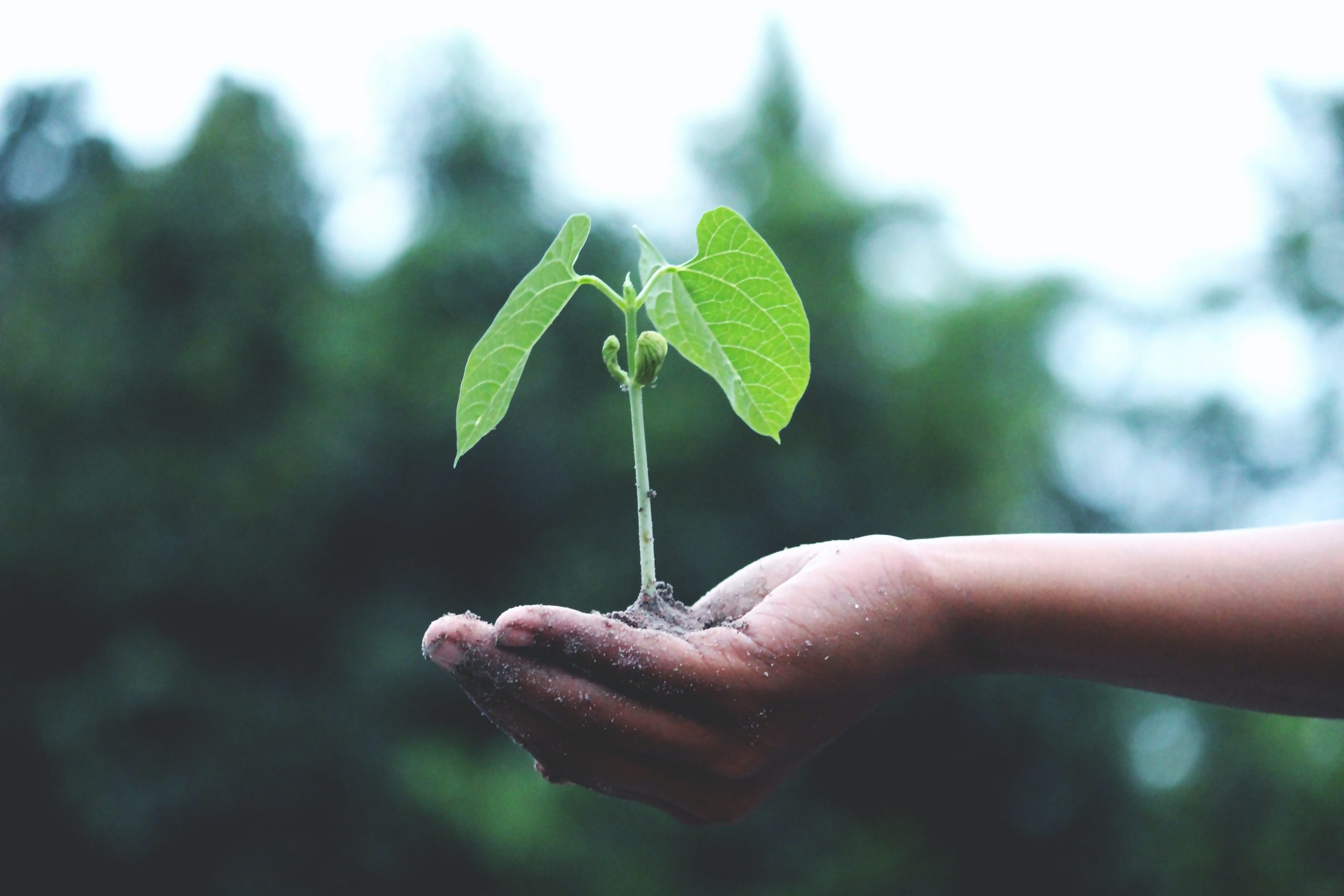Eco-Friendly Experts Like Vikki Nicolai La Crosse Share X Tips For Sustainable Living
Looking to go green in the new year? You’re not alone. Many people are looking for ways to reduce their environmental impact and live a more sustainable lifestyle. Luckily, eco-friendly experts like Vikki Nicolai La Crosse have plenty of tips to share. In this blog post, we’ll look at six of her top tips for sustainable living.
Reduce Water And Electricity Consumption
Sustainability is essential for many reasons. It ensures that our planet has the resources it needs to sustain future generations and maintain a healthy environment. One way to live more sustainably is to reduce water and electricity consumption. There are many ways to do this. For example, you can install low-flow showerheads and toilets, turn the water off when you’re brushing your teeth, and use energy-efficient appliances. You can also save electricity by using natural light whenever possible, unplugging electronics when you’re not using them, and setting your thermostat to a comfortable temperature. These are just a few of the many ways you can reduce your water and electricity consumption. Every little bit helps!
Use Environmentally Friendly Products
One fundamental way to be eco-friendly is to be selective about the products you purchase and consume. When given a choice, it’s best to buy environmentally friendly items. These products are typically made with sustainable ingredients and have a minimal environmental impact during production. They may also be designed to be reused or recycled instead of being thrown away after just one use. Not only is this better for the planet, but it can also save you money in the long run. In today’s marketplace, many types of environmentally friendly products are available, from cleaning supplies to clothing. By making a conscious effort to purchase these items, environmentally aware people like Vikki Nicolai La Crosse can help support sustainable living and make a positive difference in the world.
Recycle And Compost
To live sustainably, recycling and composting as much as possible is important. Recycling helps reduce the amount of waste that goes into landfills and reduces the need for new materials to be created. The process of recycling involves sorting materials into different categories, such as glass, plastic, and paper. Once the materials have been sorted, they can be taken to a recycling center, which will be processed into new products. Composting is another way to reduce waste. This involves breaking down organic material, such as food scraps and leaves, into a nutrient-rich substance that can be used as fertilizer for plants. In addition to reducing waste, recycling and composting also help to conserve resources and protect the environment.
Travel Sustainably
Public transportation and biking or walking are two of the best options when looking to travel sustainably. Not only do they emit far fewer greenhouse gasses than cars or planes, but they also have a much smaller impact on the environment overall. Public transportation can include buses, trains, and subways, all of which are powered by electricity or renewable energy sources. On the other hand, biking and walking rely solely on human power and can be done almost anywhere. Additionally, both public transportation and biking/walking are often cheaper modes of travel than cars or planes. So, not only is sustainable travel better for the environment, but it can also save you money in the long run.
Plant Trees And Gardens
Trees and gardens can play an important role in improving air quality. By acting as a natural filter, they can help remove harmful air pollutants. In addition, trees and plants release oxygen, which helps improve air quality. Furthermore, trees and gardens can help to reduce noise pollution by absorbing sound waves. This can be a significant benefit in urban areas where noise pollution is a major problem. In order to maximize the air-quality benefits of trees and gardens, it is essential to choose plants native to the area. This will ensure they are best suited to the local climate and soil conditions. In addition, avoiding using pesticides and fertilizers is essential, as these can also pollute the air. By taking these steps, we can help create healthy, sustainable ecosystems that will improve air quality for all.
Educate Yourself
As more and more people become aware of the need to live sustainably, it is crucial to educate yourself about sustainable living practices. There are many ways to do this, including reading books and articles, watching videos and documentaries, and attending workshops and seminars. Once you have learned about sustainable living practices, sharing this information with others is important. This can be done by writing articles or blog posts, giving presentations, or leading workshops. By sharing what you have learned with others, you can help to promote sustainable living practices and make a positive difference in the world.
Final Thoughts
Sustainable living is a crucial part of protecting our environment. By reducing our water and electricity consumption, choosing environmentally friendly products, recycling and composting, traveling sustainably, planting trees and gardens, and educating ourselves about sustainable living practices, we can make a positive difference in the world. Every little bit counts, so start making changes today. You’ll be glad you did.

